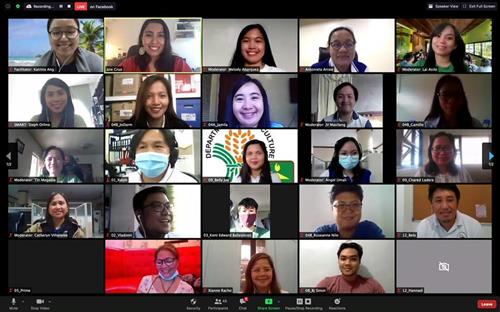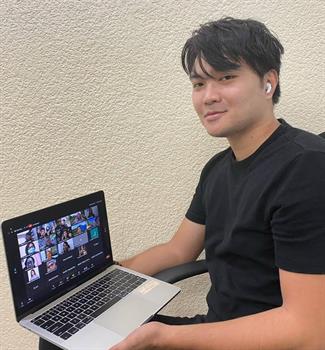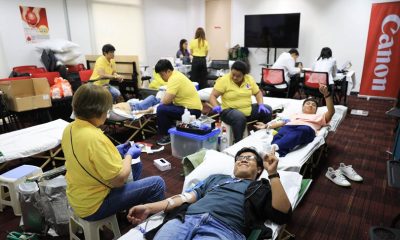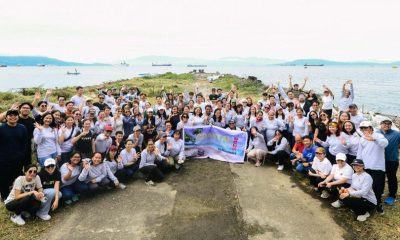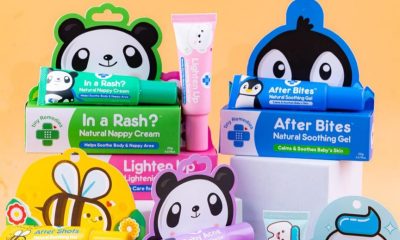The annual Coastal Cleanup hosted by Chevron Philippines Inc. (CPI), marketer of Caltex fuels and lubricants, brought together 250 volunteers in San Pascual, Batangas. By joining forces, employees, contractors, and community partners were able to collect 232 sacks of trash from the shoreline near the Chevron Batangas terminal, a coastal stretch that also serves as a nesting ground for Olive-Ridley sea turtles.
The initiative, held in line with the International Coastal Cleanup, was made possible through the collaboration of multiple organizations, including SRDC, CJI General Services Inc., 5G Security Inc. (5GS), the Philippine National Police (PNP), Bureau of Fire Protection (BFP), Philippine Coast Guard Auxiliary (PCGA), Municipal Environment and Natural Resources Office (MENRO), City Environment and Natural Resources Office (CENRO), and Barangay Danglayan.
Partnerships that Matter
Mae Belle Albay, Head Operator at Chevron Philippines Inc., highlighted the importance of collective action in ensuring the success of this year’s cleanup.
“This cleanup demonstrates what’s possible when everyone—local government, community members, our employees, and contractors—comes together with a shared purpose. Although this area is within Chevron’s operational control, it remains a shared space that we all rely on and have a responsibility to protect. Collaborative efforts like this show the power of collective action in preserving the environment as part of our environmental stewardship,” Albay said.The largest group of volunteers came from the Manila Shared Services Center (MSSC) with 118 members collecting 84 sacks of waste, followed by 5GS with 30 volunteers gathering 28 sacks, while Chevron employees and contractors contributed 25 volunteers and 59 sacks. The PCGA sent 7 volunteers who collected 14 sacks.
Beyond One-Day Cleanups
hevron has been organizing the San Pascual coastal cleanup since 2009, but Albay emphasized that sustainability goes beyond one-day efforts.
“It used to be just one big cleanup each year. But since 2015, we’ve shifted to more regular efforts to prevent waste from piling up. By organizing smaller, more frequent cleanups, we’ve found that we can make a bigger, more lasting impact on our environment,” she explained
Environmental Stewardship at the Core
For Chevron, environmental protection is integral to its operations, especially with its terminal located along Batangas’ shoreline.
“It’s always been the company’s social responsibility to share our part in cleaning the environment, especially with our operations dealing with the coastline and vessels from overseas,” said Raymund Año, Batangas Terminal Manager.
He added that the company also implements sustainable practices within the workplace. “Even here in the terminal, we’re eliminating the use of bottled water; we just use glasses and dispensers. Small efforts will mean a lot in protecting the environment, especially now when plastics are still widely used but remain non-biodegradable.”
Spreading Awareness and Volunteerism
The annual cleanup is more than a corporate social responsibility project; it is a call for environmental awareness and volunteerism.
“I hope every year we can do this and that more will join. This is sustainable volunteerism —and with more volunteers, the more waste we are able to collect. Each sack matters in keeping our coastline clean,” Año added.
Looking forward, Chevron plans to continue working with local government units, community organizations, and private partners to expand its environmental initiatives.
“As we spread awareness, we hope other companies and individuals are encouraged to do their part. Hindi lang naman ito tungkulin ng Chevron Philippines, kundi responsibilidad ng lahat,” Año emphasized. (“As we spread awareness, we hope other companies and individuals are encouraged to do their part. This is not just Chevron Philippines’ duty, but everyone’s responsibility,”)
A Lasting Commitment
Through initiatives like the San Pascual coastal cleanup, Chevron and its partners continue to show that collective efforts can create long-term impact in preserving marine ecosystems. The 232 sacks of waste collected this year serve as a reminder of both the challenges and the possibilities in maintaining cleaner, safer coastlines for future generations.
Protecting Olive-Ridley Sea Turtles
The San Pascual coastline is not only a community resource but also a vital ecological site. It serves as a nesting ground for Olive-Ridley sea turtles (Lepidochelys olivacea), one of the world’s most widely distributed but still vulnerable marine turtle species. These turtles come ashore to lay their eggs between August and October, making coastal cleanliness critical to ensuring hatchlings have a safe path back to the sea.
By keeping the shoreline free from plastics and other debris, volunteers help improve the chances of survival for these turtles—whose global populations are threatened by pollution, habitat loss, and poaching. Protecting their nesting sites in Batangas is a step toward preserving marine biodiversity for generations to come.


 BizNews4 weeks ago
BizNews4 weeks ago
 BizNews4 weeks ago
BizNews4 weeks ago
 BizNews4 weeks ago
BizNews4 weeks ago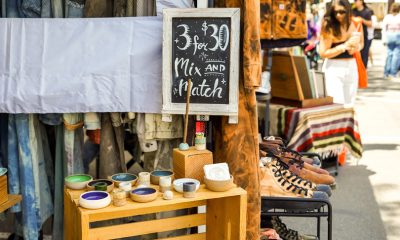
 BizNews4 weeks ago
BizNews4 weeks ago
 BizListing4 weeks ago
BizListing4 weeks ago
 BizNews4 weeks ago
BizNews4 weeks ago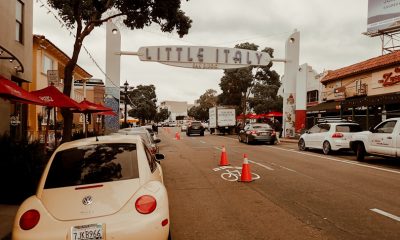
 BizNews4 weeks ago
BizNews4 weeks ago
 BizListing3 weeks ago
BizListing3 weeks ago
